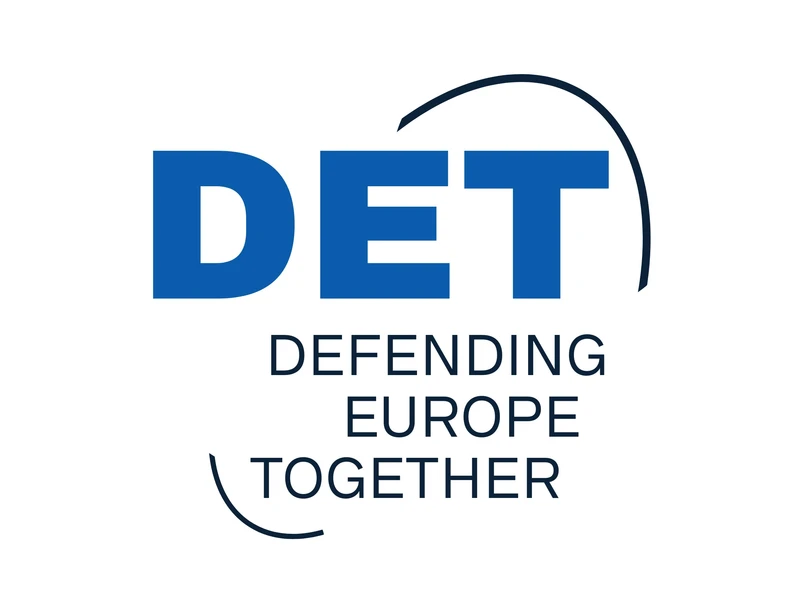Young companies are changing the defence sector. The Defending Europe Together conference will showcase cutting-edge technology startups
May 26, 2025 / 8:05 AM
The Defending Europe Together conference, organised by DEPO Ventures in cooperation with Lithuanian BSV Ventures, will bring together defence startups to sit around a table with representatives from the military, defence industry and investors at IDET.
It will offer participants from NATO militaries, defence companies, investors and startups a space to discuss how to collaborate more effectively and prepare for the technological and geopolitical changes that are coming faster than ever today.
"Europe needs self-sufficiency, which can only be ensured by strengthening its domestic industrial base, including the involvement of SMEs with dual-use technologies. Recognise the long-term potential and do not overestimate the short-term impact. The modern battlefield is evolving faster than military procurement processes," says Petr Šíma, co-founder of DEPO Ventures.
Startups bring solutions that defence needs
The defence industry today faces pressure from two sides - the need to innovate quickly and to ensure large-scale production. Traditional manufacturers often cannot keep up with technological developments, even in terms of capacity. Startups thus bring not only new technologies, but also access to agile development and accelerated testing.
Without openness to innovation and facilitating cooperation (especially between governments, companies and investors), the European defence industry may remain fragmented and mainly dependent on US imports. This could pose a strategic risk in the current geopolitical situation. According to the conference organisers, European governments should aim for greater self-sufficiency and the ability to respond flexibly to new challenges.
DET Conference will offer the best in defence technology. The conference will present selected defensetech startups such as:
- SKYCORP Technologies – hydrogen powered drones
- Instria – sensors for extreme conditions
- Grafren – stealth povrchy pro drony
- Wayren – communication platform for combat environments
- Dronetag – drone identification
- Twinzo – digital twin
- Airsec – drone detection
- Whalebone – cyber protection, security products
- Partory – digital factory
- Shockblade - electric knife for realistic self-defense training
- World from Space – satellite data analysis
The ambition of the conference is to discuss topics that are very topical today.
• What to change in the military procurement system to keep Europe competitive.
• How Czech industry can get involved in defence
• How to take advantage of the opportunities for cooperation with Ukraine
• How to invest in defence technologies
• How big companies can take advantage of start-ups
• What the battlefield of the future will look like
• What NATO DIANA offers
The panels will feature experts in defence and space technologies from Europe and the USA, as well as representatives of investors and funds. Jiří Šedivý (EDA), Leoš Mauer (Czech NATO DIANA) and Dmytro Kuzmenko from the Ukrainian VC and PE Association will also speak.
The conference program will also bring networking for startups, investors and manufacturing companies looking for new opportunities to collaborate. Special emphasis will be placed on discussing the involvement of Czech industry, including SMEs, in the production of defencetech technologies focused on artificial intelligence, autonomous systems, satellite infrastructure and cybersecurity.
Europe must invest in the future, not the past
Increasing European defence budgets are an essential first step, according to Petr Šíma. But even more important is where they are going. DEPO Ventures supports a greater emphasis on research, development and deployment of technologies that make a real difference. Europe needs not only more funding, but also more flexible acquisition processes and openness to innovation.
"Such an initiative can help create a real defence and industrial ecosystem with European DNA. But it requires overcoming the entrenched mistrust between key players - start-ups, large companies and defence ministries. No technological transformation will be viable in the long term without trust and effective integration of these worlds," concludes Šíma.



